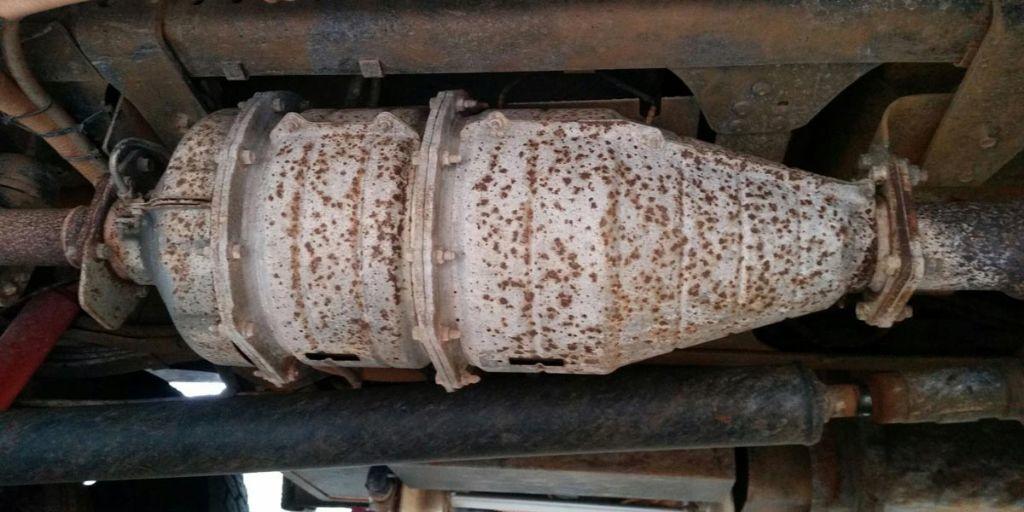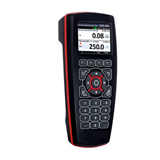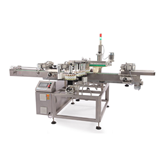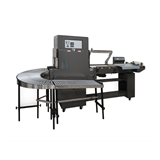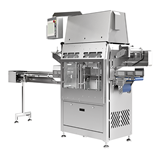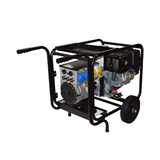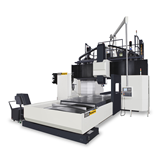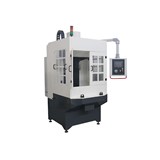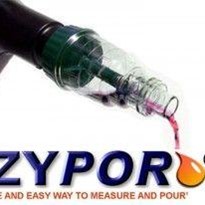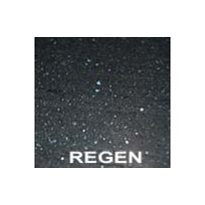DPF’s often need replacing at a cost of $5,000-$10,000, and in some cases, are not covered under new vehicle warranty! Excessive regens can dramatically reduce engine life, as it causes your engine oil to become heavily diluted with diesel fuel.
The solution is to assist the fuel to burn the soot at lighter engine loads. This is an approved method and one which fixes the actual cause of the problem. Remember that exhaust soot is a carcinogen, and it is illegal to remove or tamper with the DPF.
Your DPF works by filtering the soot from the engine’s exhaust stream. Essentially, if your engine is working under a reasonable load, fuel burn temperatures reach 550-600 C, and the soot is burnt during the combustion process. If not, it accumulates in the DPF.
Regen problems can be easily fixed…
By far the best approach is to reduce the temperature at which the soot particles burn, by adding FTC Decarbonizer to the fuel at each fill. This reduces the soot burn temperature to 350-400C…a temperature readily reached by engines under even light loads. By acting as a true chemical combustion catalyst, the soot safely combusts clean up and keep clean the DPF.
To prove this, we recently took an Isuzu 4×4 All Terrain Warrior truck east-west across the centre of Australia. The truck was new to us with 50,000 kms on the clock, when we left with FTC in the tank. During the first 2000 kms, we noted two automatic DPF regenerations of 15-20 minutes, but after that regens were less frequent, and limited to 3-5 minutes each.
At Coober Pedy, we took the iconic Ann Beadell track across the Western Australian border. It’s 1400 kms of poorly maintained road, with scrub closing in from both sides. The ruts and corrugations covering the track reduced the speed, and typically it sat on 800-1400 rpm for the whole 8 days and 1400 kms! These slow conditions would normally guarantee regen problems.
With FTC treated fuel, even these very light engine loadings did not cause any increase in DPF regeneration cycles. Two regens were noted at approximately 3 mins each. The rest of the 16,000 km trip was completed with only occasional and very brief regens, confirming the effectiveness of FTC Decarbonizer in cleaning up and keeping clean DPFs.
For more information, call +61 7 3766 6188


